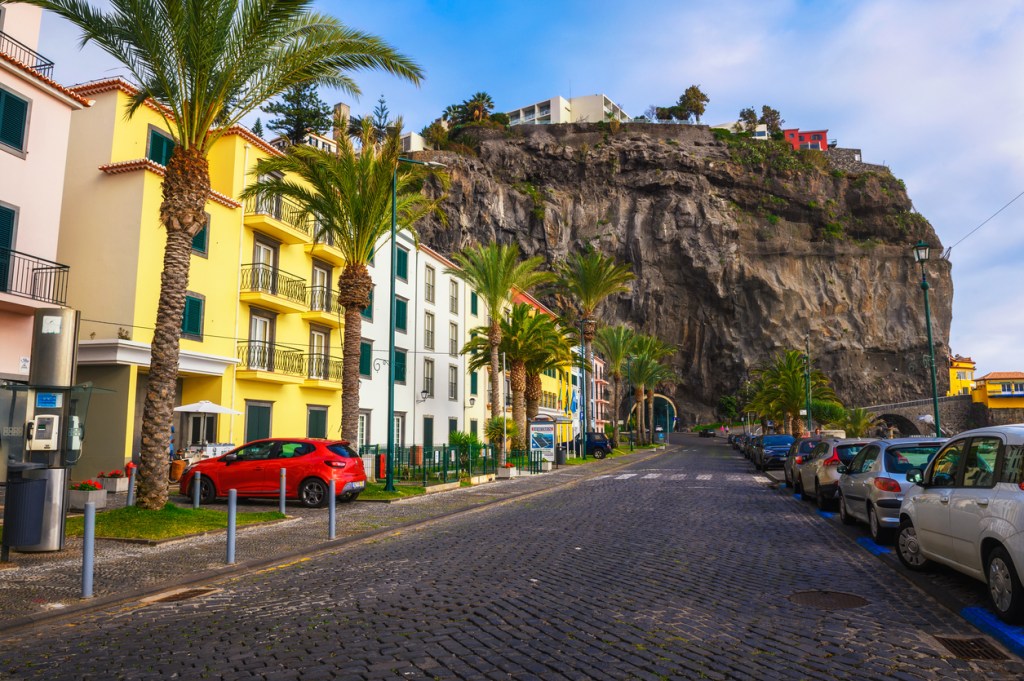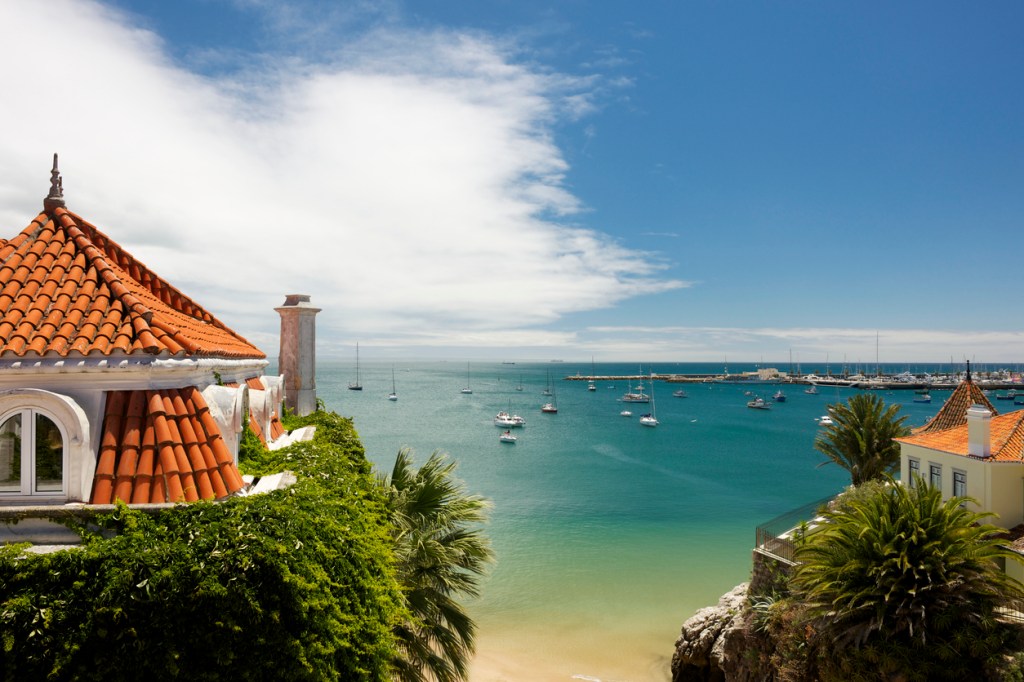As the pandemic gently recedes into history, many of us have been embracing the liberties that have followed. For anyone whose work relied on a desk, a chair and a computer, video-conferencing services such as Zoom left us questioning long-held assumptions about the need for those increasingly anachronistic offices to which we once trudged. The thought of traipsing across town to sit in front of the same computer perched on a slightly different desk suddenly felt absurdly outdated.
But just as we became accustomed to typing in our slippers, more adventurous feet began to itch. Being stuck in a corner of the sitting room all day could be just as stifling as those open-plan offices we thought we’d escaped. Why would we limit ourselves to the over-familiarity of home when we could just as easily work from a host of other, more congenial home-from-homes?
For those of us with a visceral aversion to spending half the year imprisoned beneath a damp grey mop, the idea of being somewhere sunnier and brighter was always going to be hard to resist. The first few months of the year can be especially bleak and with UK infrastructure collapsing around our ears, now would seem the perfect time to skedaddle.
Portugal has been busily laying down the red carpet for UK escapees. Prices are generally lower than in the UK, the temperature rarely falls below spring-like and the beaches are long and languorous
Becoming a digital nomad is a two-way street, of course; while we get to enjoy better weather, better food and infrastructures that actually work, host countries get to boost their economies, create new jobs and increase trade turnover. The good news is countries are falling over themselves to welcome refugees from failed states like ours – so why languish in your damp cell a moment longer?
One destination in particular has been busily laying down the red carpet for UK escapees: Portugal. Prices here are generally lower than in the UK, while the temperature rarely falls below spring-like. The beaches are long and languorous, the architecture exceptional, and the chocolate mousse – well, if you haven’t tried it you are in for a treat.
If all that wasn’t enough to encourage you out of your stupor, Portugal offers generous tax breaks for potential digital nomads. Once you’ve taken the leap and relocated, freelancers can obtain an NHR (non-habitual resident) status, which offers several advantages such as zero tax on foreign income and 20 per cent tax on income earned in Portugal compared with standard Portuguese income tax rates of up to 48 per cent. It’s important to note that NHR status can only be granted to new tax residents and is valid for ten years.
So convinced are they of our feverish desire to escape that Portuguese authorities have built entire digital villages designed especially for fleeing remote workers. Ponta do Sol in Madeira is the most famous with villas, public spaces, co-working stations and infrastructure built around the specific needs of us nomads.

Those looking for a more authentic Portuguese lifestyle should head directly to the delightful coastal enclave of Cascais (pronounced Cashcaish) on the western tip of the country. A short train ride from Lisbon, the town is full of character with an interesting mix of locals and expats. There’s a thriving Brazilian population largely made up of poorer immigrants escaping Jair Bolsonaro’s clutches along with a few super-rich tax exiles. Restaurants are cheap, plentiful and varied (Japanese/Venezuelan fusion anyone?) and there’s a real night-time buzz.
A few minutes up the coast and you’re in the wilds of Sintra-Cascais Natural Park, a 145 square km protected area with wide sandy beaches, pretty villages and dramatic coastal views. Development is extremely limited here so real estate prices are astronomical – Cristiano Ronaldo’s mansion is still under construction four years after authorities gave it the red light. The strip of coast between Cascais and Cabo da Roca has a definite whiff of Malibu about it, with multimillion-pound glass fronted houses hidden behind protective gates and rows of skinny palms.

Of course, nomads come in many different guises. For me, the main motivation is escaping the UK winter, meaning I’m rarely away for more than about three months of the year. Renting out my London flat means I can usually afford a modest condo in a cheaper part of the world.
In Cascais, short-term rentals are hard to come by, although local estate agents assure me that the market will expand in time as more people like me opt to spend the winter in the region. For the time being, if you are determined to live on the platinum-plated coast, I’d recommend checking some of the larger hotels that offer deals for extended stays. The stylishly cavernous Oitavos has enormous airy rooms with balconies, decent wifi and large workspaces. There’s a hearty breakfast buffet, a fine restaurant and a world-renowned 18-hole golf course for those who want to keep their hand in. The Sheraton also has deals for longer stays but is a bit further from the beach.
Cascais has an array of workspace options such as Luna House, a charming B&B that provides plenty of desk space and a good range of healthy food options. Named after the resident three-legged dog (a definite pull) this feels more like someone’s stylish home than a regular guesthouse, and it’s only a ten-minute stroll to the beach. You’ll pay around 150 euros a month to use the facilities. Slightly further out is LACS, a large co-worker hub set inside a sleek warehouse. Private studios here cost from 250 euros a month with communal co-working spaces from 120 euros a month.
Be warned, this whole region can become extremely busy in the summer – so if you’re here to work remotely, definitely come sooner rather than later, when prices are lower but temperatures remain refreshingly high. Oh, and that legendary chocolate mousse tastes good all year round.







Comments